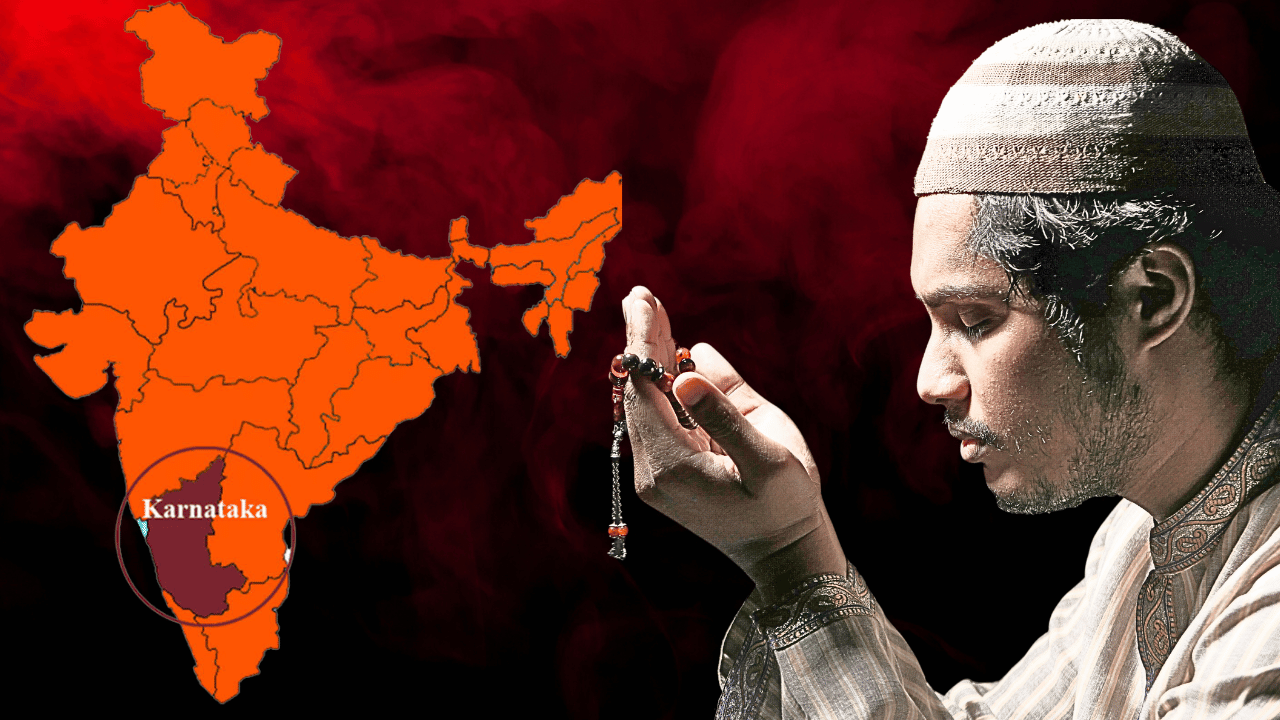On Thursday, the Supreme Court of India agreed to hear a plea challenging the Karnataka government’s decision to scrap the four per cent reservation for Muslims in the state.
The move has sparked widespread criticism and protests across the state, with many questioning the government’s commitment to inclusive policies and equal representation for all communities.
The bench, which included Chief Justice of India D Y Chandrachud, Justices P S Narasimha and J B Pardiwala, took note of senior lawyer Kapil Sibal’s submissions. who stated that all the defects of the petition had been removed. Sibal, who is representing the petitioner, emphasized the importance of the case and urged the court to take prompt action in this matter.
The four per cent reservation for Muslims was introduced by the Congress government in Karnataka in 2018. The move was aimed at providing equal representation to the Muslim community, which has historically faced discrimination and marginalization in India. The reservation was based on the recommendations of the Karnataka State Minorities Commission, which had found that Muslims in the state were socially and educationally backward and needed special protection.
However, in July 2020, the BJP government in Karnataka passed a bill in the assembly that abolished the four per cent reservation for Muslims. The move was criticized by opposition parties and civil society groups, who saw it as a blatant attempt to exclude Muslims from the mainstream and undermine their constitutional rights.
The petition challenging the government’s decision was filed in the Supreme Court in August 2020 by the Karnataka State Minorities Commission and other Muslim organizations. The petitioners argued that the government’s decision was unconstitutional and violated the fundamental rights of Muslims in the state. They also argued that the government had not conducted a proper survey to assess the social and economic conditions of Muslims in the state before scrapping the reservation.
The case has been pending in the Supreme Court for several months, with the government arguing that the reservation was not based on any scientific data and was merely a political move to appease the Muslim community. The government also argued that the reservation violated the principle of secularism enshrined in the Indian Constitution, which prohibits the state from discriminating on the basis of religion.
However, many legal experts and activists have questioned the government’s arguments, stating that the reservation was based on sound principles of social justice and equal representation. They have also pointed out that the Indian Constitution allows for affirmative action and reservation for socially and economically backward communities, and that the Muslim community in Karnataka has been historically marginalized and excluded from mainstream development.
The case has wider implications for minority rights and representation in India, where minority communities, including Muslims, Dalits, and Adivasis, continue to face discrimination and marginalization. The case also raises important questions about the role of the judiciary in protecting the rights of minorities and ensuring equal representation for all communities.
The Supreme Court’s decision to hear the plea challenging the government’s decision is a positive step towards ensuring justice and equality for all communities in India. The court has an important role to play in safeguarding the rights of minorities and upholding the principles of justice and democracy enshrined in the Indian Constitution.
As the case proceeds, it is important for all stakeholders to engage in a constructive dialogue and work towards finding a solution that is inclusive and equitable. The government must recognize the importance of affirmative action and equal representation for all communities, and take concrete steps to address the historical injustices faced by marginalized communities in the state.
The judiciary, on its part, must act as a watchdog and ensure that the government complies with the constitutional principles of equality and secularism, and does not discriminate against any community on the basis of religion or caste. The case will be closely watched by legal experts, activists, and members of the Muslim community, who hope that the court will uphold the principles.
Amritpal Singh’s Habeas Corpus Petition Filed in High Court









Leave a Reply